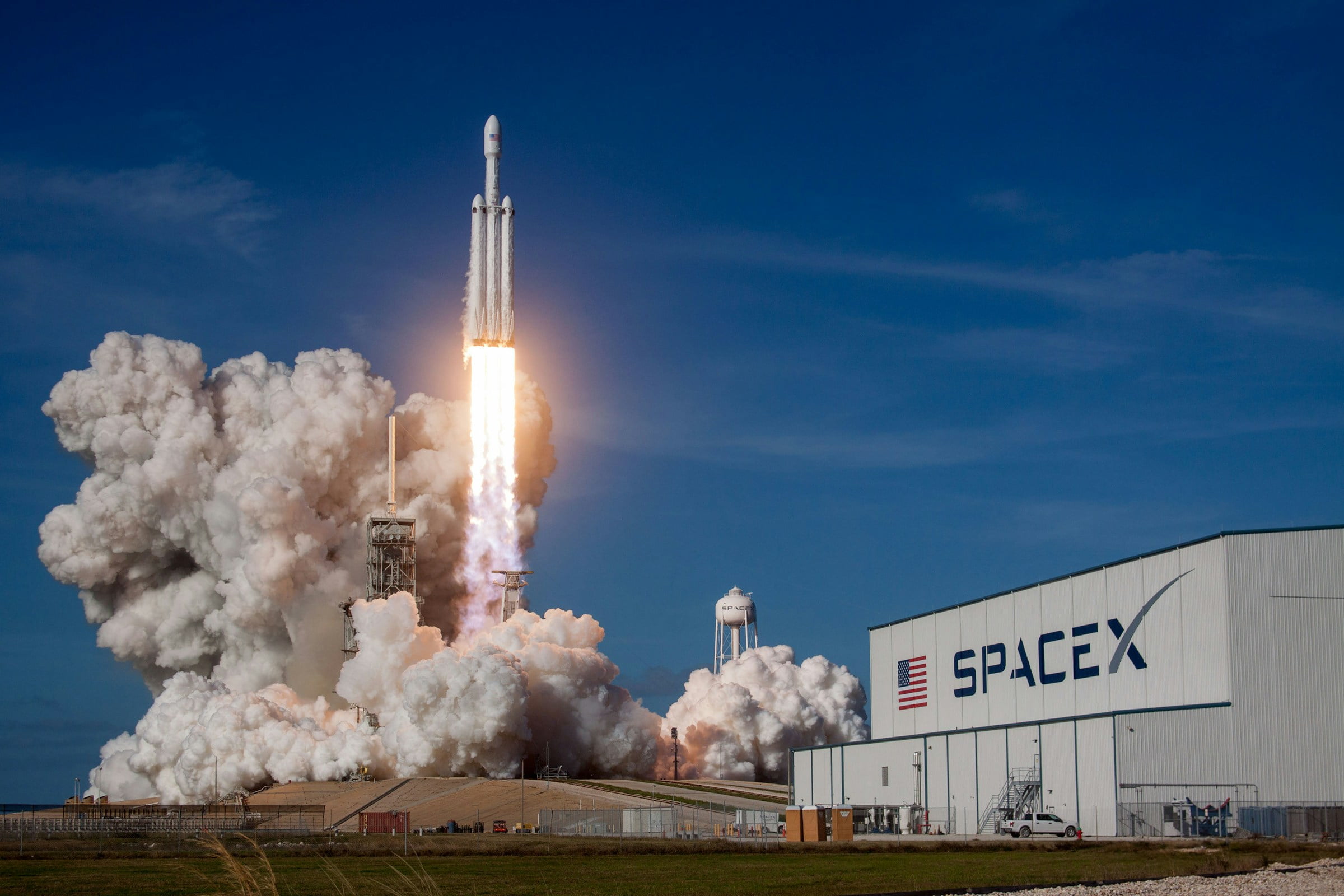 Beverage giants Coca-Cola, PepsiCo, Danone and Nestlé have recently taken steps to use more recycled and biobased plastic in their bottles and packaging.
Beverage giants Coca-Cola, PepsiCo, Danone and Nestlé have recently taken steps to use more recycled and biobased plastic in their bottles and packaging.
But according to a Greenpeace UK survey, the top six global soft drink brands — Coca-Cola, PepsiCo, Suntory, Danone, Dr Pepper Snapple and Nestlé — aren’t doing enough to prevent their plastic bottles from ending up in the oceans.
The environmental activist group says its survey found:
- Of the six companies, five sell a combined total of over 2 million metric tons of plastic bottles each year.
- Coca-Cola refused to disclose the size of its plastic footprint.
- When combined with plastic packaging used by the companies, the total figure rises to 3.6 million metric tons a year (excluding Coca-Cola).
- The six companies use a combined average of 6.6 percent recycled plastic in their bottles, despite producing fully recyclable bottles and placing the responsibility on their customers to recycle.
- None of the companies surveyed have commitments, targets or timelines to reduce the amount of single-use plastic bottles they use.
- A third of the companies surveyed currently have no global targets to increase their use of recycled content in their plastic bottles, and none are aiming for 100 percent recycled content in an ambitious timeframe.
- Four out of the top six companies surveyed do not consider the impact of plastic bottles on oceans in their product design and development processes.
The Greenpeace report comes as many of the beverage companies surveyed have announced increases in their recycled plastic and biomaterial use in their products.
For example Nestlé last week said its Arrowhead Mountain Spring Water has increased the amount of recycled plastic used in its bottle production and that nine out of 10 of its Arrowhead bottles made in California incorporate 50 percent post-consumer recycled plastic content.
The company said it is part of Nestlé Waters’ larger effort to reduce plastic waste. Nestlé Waters North America has also reduced the amount of plastic used in its half-liter water bottles by more than 60 percent nationwide over the last two decades.
A week earlier Nestlé Waters and Danone — the world’s two largest bottled water companies — said they have partnered to develop and launch at commercial scale a PET plastic bottle made from 100 percent bio-based material.
Also in early March PepsiCo and biotechnology leader Danimer Scientific teamed up to develop biodegradable film resins that will help the beverage giant meet its sustainable packaging goals.
Coca-Cola and Virent produced the world’s first PET plastic bottle made entirely from plant materials at demonstration scale in 2015. The partners are still working to commercialize the bottles; Coca-Cola has been producing partially bio-based PlantBottle since 2009, a product comprised of 30 percent plant materials.
And in January, 40 organizations across the plastics value chain — including Coca-Cola and Danone — endorsed a circular economy plan to keep plastics out of the oceans and ensure 70 percent of plastic packaging is reused and recycled globally, up from today’s recycling rate of 14 percent.
The Greenpeace report also says two-thirds of the soft drinks companies surveyed have a global policy opposing the introduction of deposit return schemes on drinks containers, which have boosted recycling and collection rates to over 80 percent across the world.
UK lawmakers are currently considering a deposit and refund scheme where shoppers are charged a small deposit at point of sale, and they receive the money back when they return their plastic bottles for recycling.
Leaked internal documents in February showed Coca-Cola planned to “fight back” against deposit return systems and Coke executives held meetings with ministers in Westminster and Scotland to stress their opposition.
Following the reports of the leaked documents, however, the beverage company told Packaging News that while it is still reviewing its sustainable packaging policy, it is inclined to support a bottle recycling program in the UK.
“Our sustainable packaging review is ongoing, but it’s already clear from our conversations with experts that the time is right to trial new interventions such as a well-designed deposit return scheme for drinks containers, starting in Scotland where conversations are underway,” a Coca-Cola spokesperson told Packaging News.
Coca-Cola also said it plans to publish the results of its sustainable packaging review, along with a new sustainable packaging strategy, in the summer.
A deposit return system page on the company’s public website says “Coca-Cola Company supports the collection and recycling of post-consumer packaging” but adds “we believe deposit systems are only one potential solution to increase collection and recycling, and they may not work in every societal and economic context.”










